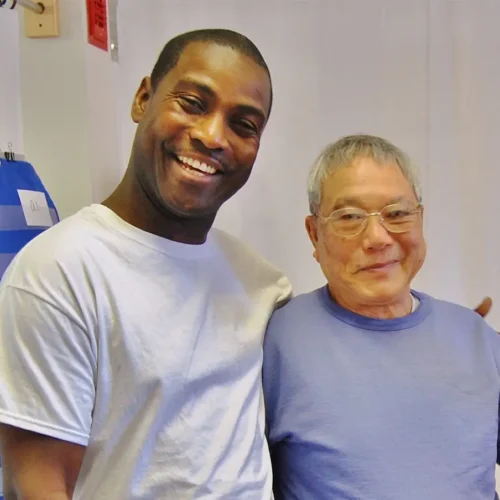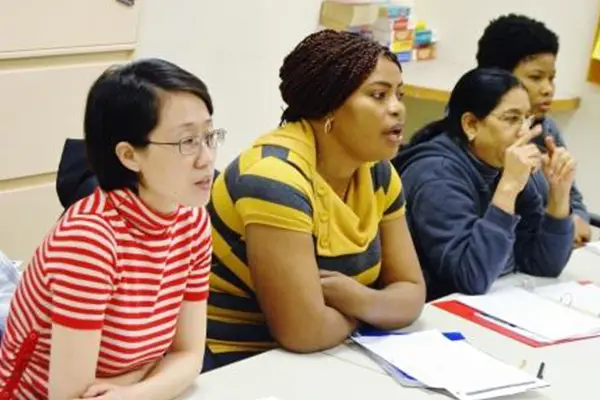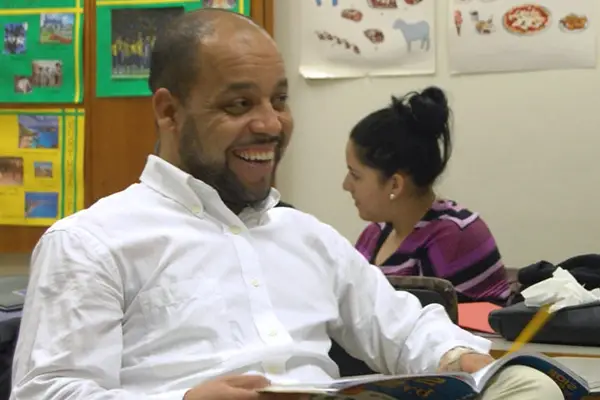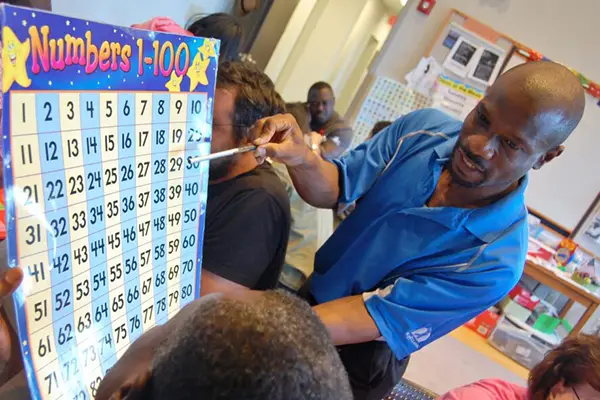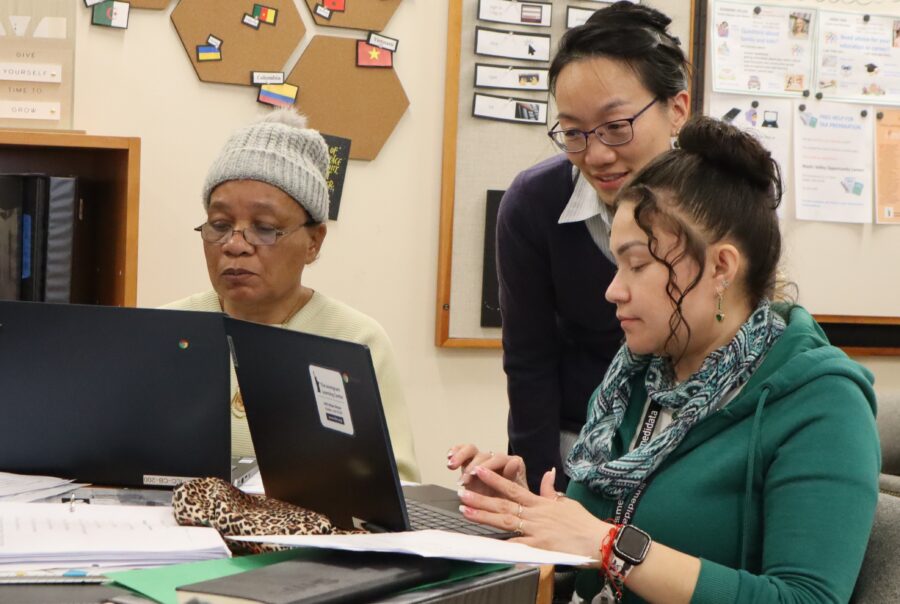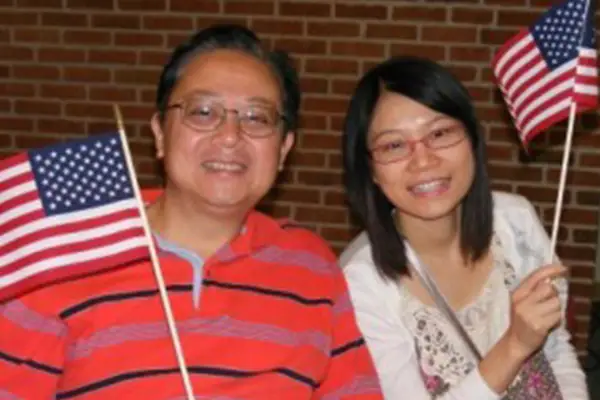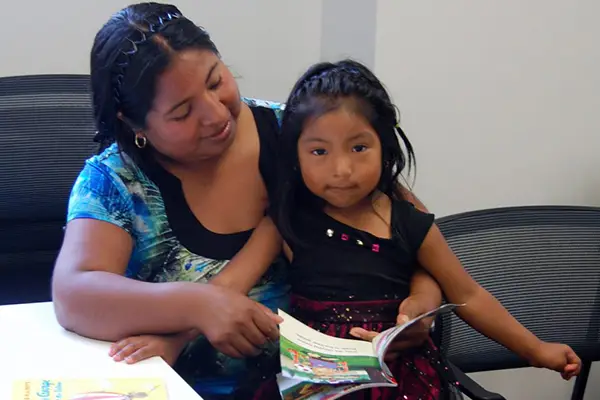The Immigrant Learning Center programs are designed to help immigrants and refugees become economically self-sufficient and socially and civically engaged. Classes are offered free of charge, year-round to students who range from those with little or no formal education to those with advanced degrees in their native languages.
The ILC staff determines the language needs and personal and educational goals of each student when they enroll. Students are placed into programs that best meet their individual needs, and counseling is provided to help them achieve their goals.
In addition to English skills, students gain leadership, problem solving, organizational and job skills. As students gain English proficiency, they achieve greater self-confidence, self-sufficiency, and the ability to contribute and participate in the community and workforce.

